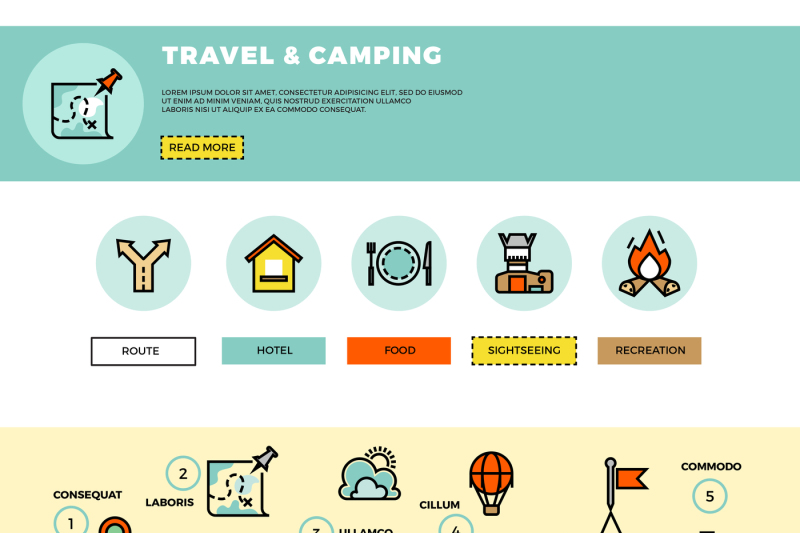While both deal staminas in various settings, it is necessary to identify which sort of insulation will finest offer your needs. The insulation you select impacts warmth, weight, water resistance, compressibility and rate.
Down is collected from waterfowl, generally ducks or geese. It is treasured for its agility, easy compression and insulating residential properties. However, down becomes less effective when wet.
Warmth-to-Weight
A high warmth-to-weight ratio is desired in outdoor clothes and gear. The protecting homes of down feathers make them a wonderful alternative for this objective, as they are extremely cozy and light-weight.
Nonetheless, down sheds its shielding abilities when it gets wet, indicating it requires to be paired with a water-proof shell. Additionally, some individuals are allergic to down, making synthetic coats a far better option for them.
Artificial insulations are typically made from recycled polyester and made to imitate down's insulating buildings. They are not as lightweight as down, yet they do not lose their insulating capacities when they get wet and completely dry faster than down. They are likewise much more affordable than down. Nevertheless, their life-span is much shorter than down, resulting in greater maintenance and replacement prices.
Water Resistance
The insulation you choose for your job jacket will make a huge distinction in exactly how comfortable you feel outdoors. Nevertheless, the sort of insulation you pick also has substantial implications for your sustainability objectives.
Down is a superb insulator for a variety of factors. It's lightweight, compressible, and provides a good warmth-to-weight proportion. Nonetheless, it doesn't prosper when it gets wet. Down clumps up and sheds its loft space when damp, which can dramatically minimize its capacity to trap heat.
Artificial insulation products, such as Thinsulate and Primaloft, stand up far better against wet problems. They commonly have a tight weave or chemical finishing that maintains water from penetrating the material. This allows the insulation to stay breathable, even if damp. It deserves noting that synthetics can additionally be uneasy when wet, but they retain their shielding properties.
Compressibility
While goose down does have a superior warmth-to-weight proportion, artificial insulation carries out likewise. Nonetheless, unlike down which soaks up and loses its insulating capacities when wet, synthetic insulation does not. Because of this, it can keep its loft space and trap warm air in damp problems.
Typically made from polyester sheets or collections that simulate down, one of the most typical synthetic insulation brands include PrimaLoft, FullRange, Thermoball and Patagonia's PlumaFill. While it still can't match down's loftiness and warmth-to-weight, artificial jackets are lightweight, quick to completely dry and more economical than down. This makes synthetic coats best for wet settings, or if you're prone to sweating heavily. Synthetic coats are likewise less delicate than down and can lose. This sturdiness extends to their face materials which are typically thicker and more sturdy than down.
Durability
A significant consideration in sustainability is a product's long life and sturdiness. All-natural materials like cork, ThermaCork increased cork and Havelock woollen last longer than synthetic choices like fiberglass and plastic. They also require much less maintenance and can hold up against severe environmental conditions.
Nonetheless, natural insulation does not execute also when wet as artificial alternatives. Woollen and fleece glob together when damp, endangering their ability to trap heat. Artificial insulation, on the other hand, does not soak up wetness and remains to insulate even when soaked.
This makes artificial insulation ideal for wet climates and arduous activities where you could sweat greatly. It's likewise much easier to clean and dries faster than down. This added sturdiness and integrity backpack make synthetic insulation an overall victor in this category. This translates to long lasting shielded job boots that last long and keep you heat via demanding atmospheres.
Sustainability
All-natural products provide biodegradability and a smaller sized ecological impact, while artificial options boast longevity and cutting-edge applications that support energy efficiency. Nevertheless, it is very important to comprehend truth ecological influence of these insulation products from cradle-to-grave.
For instance, if a natural insulation material needs to travel a cross country from its resource to the structure site, transportation-related discharges enhance its general carbon footprint. Selecting locally sourced and recycled products decreases that effect. And, choosing GREENGUARD and Cradle to Cradle accreditations guarantees that insulation is free of volatile organic substances (VOCs) and sustains accountable sourcing and labor conditions.
Sheep's wool and cork are sustainable insulation resources that are gathered without damaging the tree or plant. Both have actually the added benefit of being normally resistant to mold and mildew, parasites and dampness.
